Mangrove Movie Review: Starring Letitia Wright The Film Is A Frantically Urgent Look At Racism
The culture, conflicts, characters, accents, wardrobe and hair may all seem distant in Mangrove starring Letitia Wright, but not the sense of injustice, though. Read the full review!
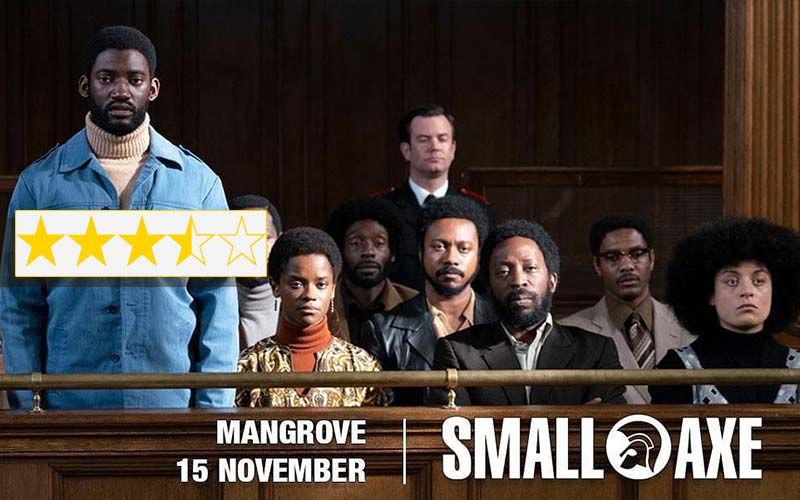
Released as part of the highly-regarded director Steve McQueen’s 5-part 'Small Axe' anthology on the Black British experience over the decades, Mangrove is powerful stuff. Relevant and reformative, it has a special significance for me. The nine people who protested so hard against institutionalized racism in the UK that they came to be known for all times as the Mangrove 9 are originally from Trinidad, a country I grew up in.
The accents, the cultural pride, the refusal to assimilate into a wider national platform to inculcate a sense of belonging, are all themes that resonate with history and ring authentic, at times uncomfortably so. This is the story of an eatery in the heart of London run by a Trinidadian Frank Crichlow (Shaun Parkes) where Black West Indian protesters meet regularly to plan their strategy against White supremacy in Great Britain.
The restaurant becomes symbolical of the attack on cultural specificity in the 1960s when the Black population in Great Britain was seen as a major source of trouble for the white majority. Given the volatile undercurrents of seditious activities, the action of the police seems inevitable. The self-important slightly arrogant plot converges on a racial riot in Britain on 9 August 1970 where Blacks clashed with British policemen. In the 55-day long court trial that followed nine Black people being tried for inciting violence against policemen.
The trial is the throbbing art of the constantly engaging drama. McQueen a director of tremendous power and strength (his 12 Years A Slave Is an abiding masterpiece) enters into the British legal system with prudence and passion bringing to the court proceedings a sense of lingering injustice, with the presiding Judge (Alex Jennings, good in a thankless role) trying hard to sound objective, and failing miserably.
Much of this seemed lopsided to me, with the main cop Pulley, played by Sam Spruell, coming across as an uncompromising bully. This is the stuff filmy villains are made of. While all the performances by the accomplished black cast are admirable, for me Malachi Kirby as Marcus Howe stands out. When he stands up in court to speak in that hypnotic oratorical voice and challenge the biased racist British judiciary he becomes David to the Goliath in a legal system based on inequality and discrimination.
Though the outcome of the ongoing conflict is a foregone conclusion the narrative nonetheless succeeds in binding our interests to the proceedings reminding us that racial and cultural prejudice from 50 years is still a living shameful reality. But be warned. The culture, conflicts, characters, accents, wardrobe and hair may all seem distant. Not the sense of injustice, though.
Directed by Steve McQueen Mangrove he's 3 and a half stars
Image Source: instagram/letitiawright, youtube/bbc
Image Source: instagram/letitiawright, youtube/bbc
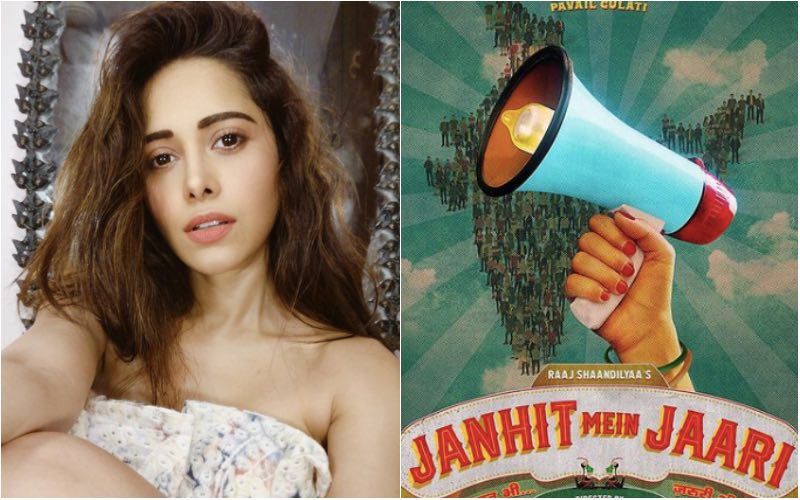
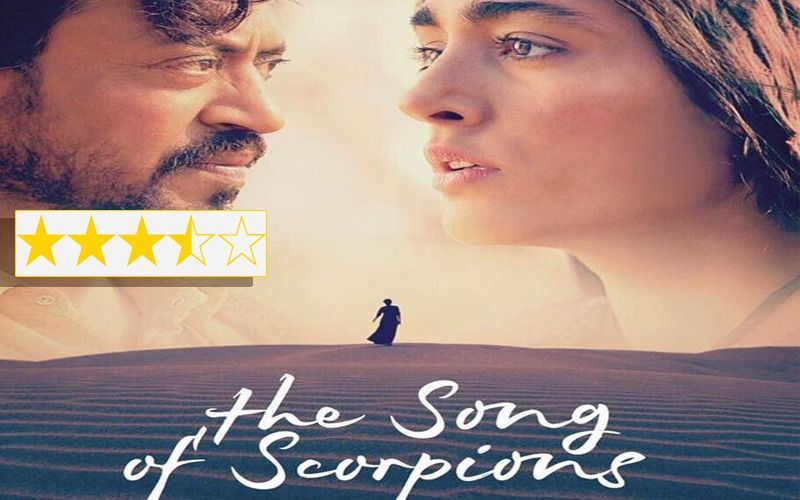
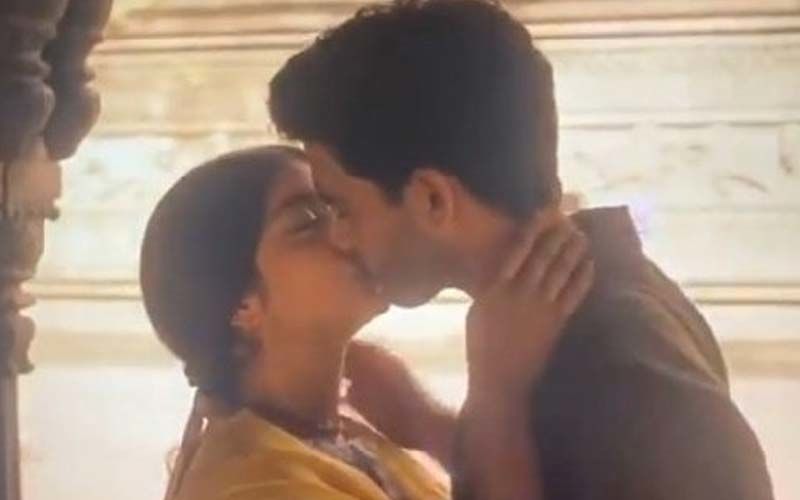
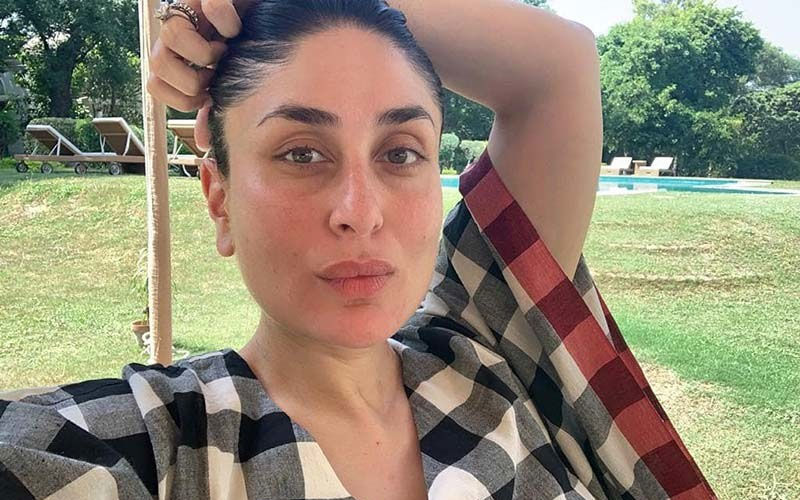
_2026-1-30-14-18-5_small.jpg)
_2026-1-30-12-12-41_small.jpg)
_2026-1-30-14-45-40_small.jpg)